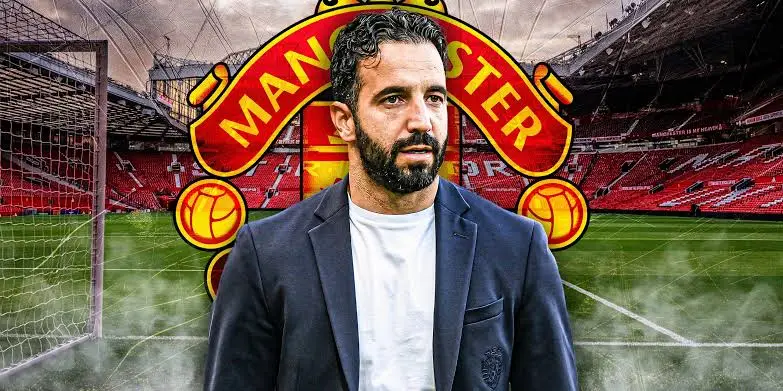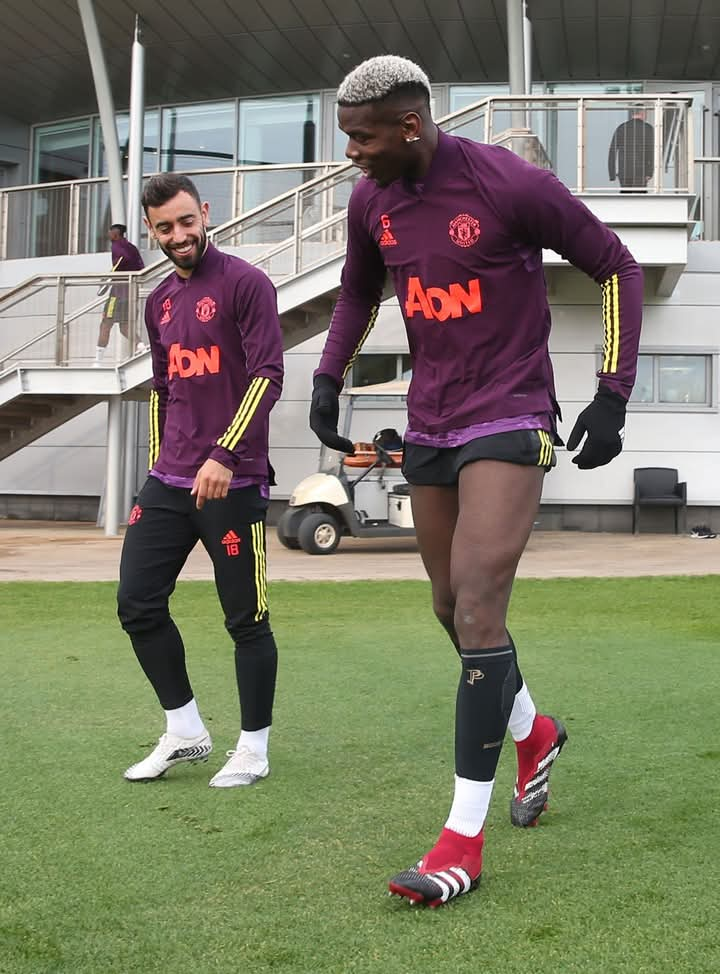FIFA has recently made a significant announcement that has deeply impacted the officials and referees involved in the recent match between Manchester United and Tottenham. Following the controversial decisions made during the game, which contributed to the outcome of the match, FIFA has decided to relieve these officials of their duties.
The match itself was marked by a series of contentious moments, including questionable penalty calls and a red card that left many fans and analysts debating the quality of officiating. Given the high stakes of Premier League matches, particularly for clubs like Manchester United and Tottenham, any perceived errors can have substantial ramifications, not just for the teams but also for the officials involved.
FIFA’s decision reflects the growing scrutiny on refereeing standards in top-tier football. The governing body aims to ensure that officials maintain a high level of performance and integrity in their roles. As such, when officiating is called into question, it can lead to serious consequences, including job losses. This announcement serves as a stark reminder of the pressures and responsibilities that come with officiating at such high-profile events.
The decision has generated mixed reactions among fans and pundits alike. While some believe that accountability is necessary for maintaining the integrity of the sport, others argue that the officials deserve support and training to improve their skills rather than outright dismissal. The impact of this news extends beyond the individuals involved; it raises broader questions about how officiating standards can be improved in football to prevent similar situations in the future.
In conclusion, FIFA’s announcement marks a significant moment in the ongoing conversation about the quality of officiating in football. It highlights the challenges referees face and the high expectations placed on them in professional matches, particularly in critical encounters like Manchester United vs. Tottenham. As the sport continues to evolve, the need for effective oversight and improvement in officiating practices remains a pressing concern.










